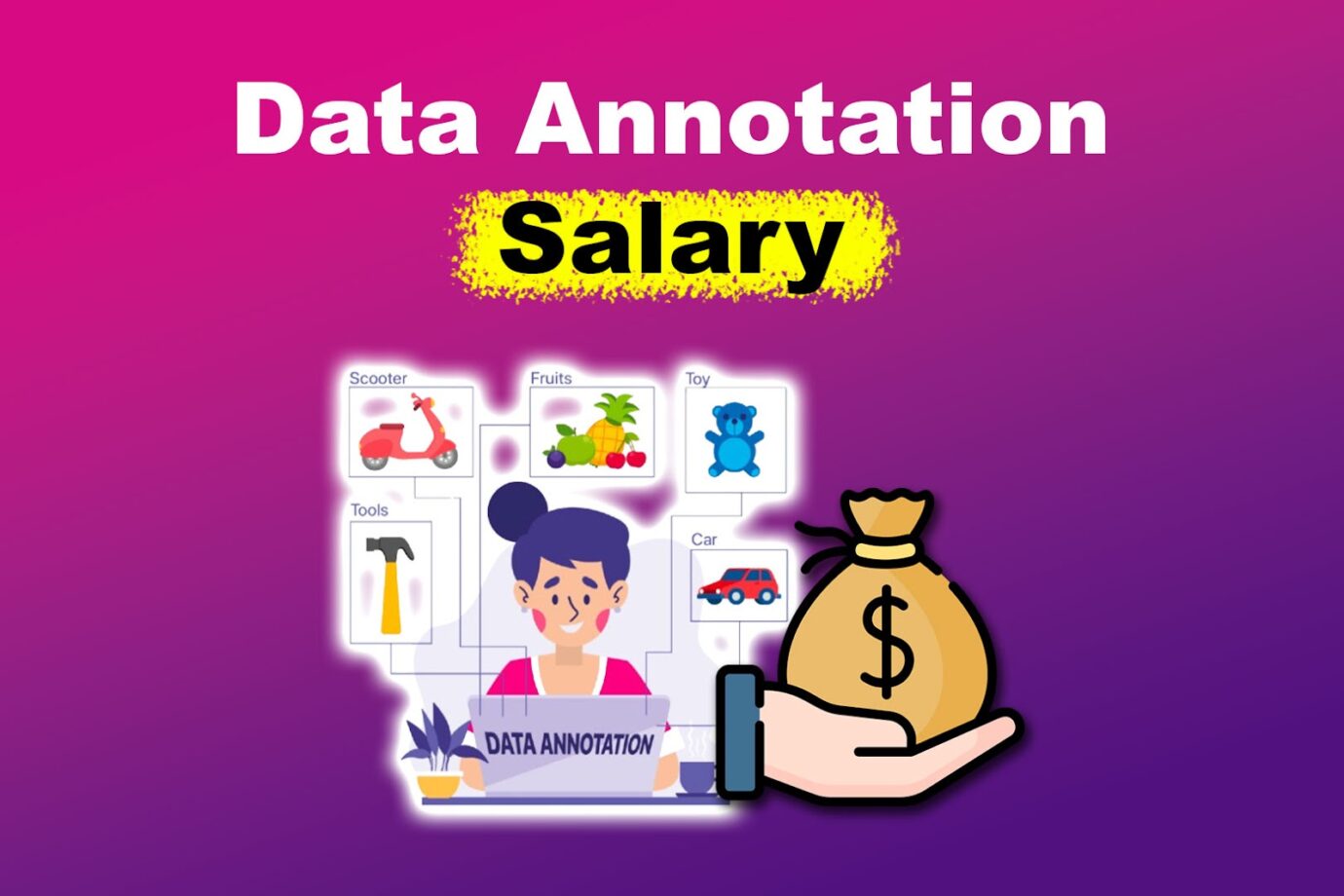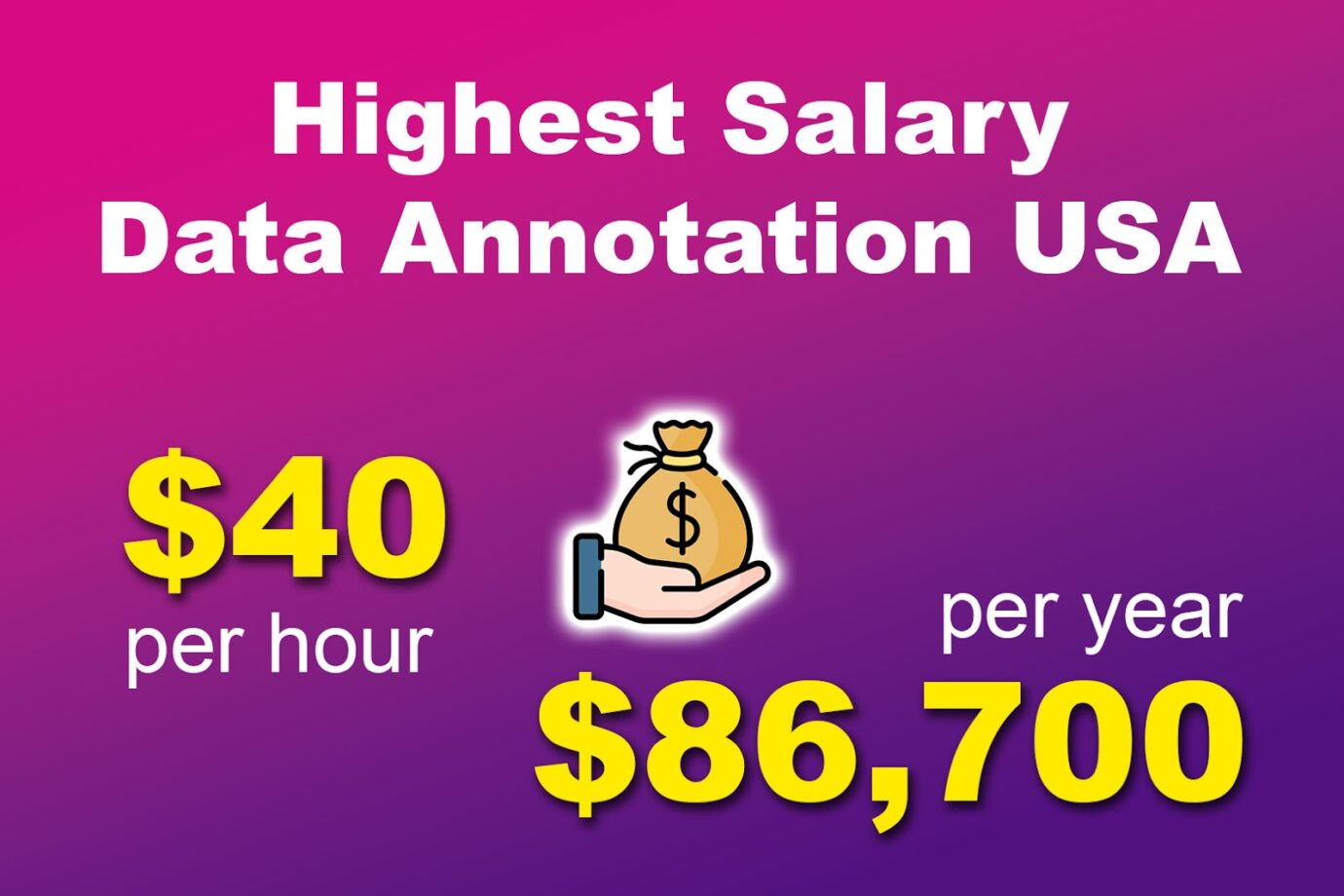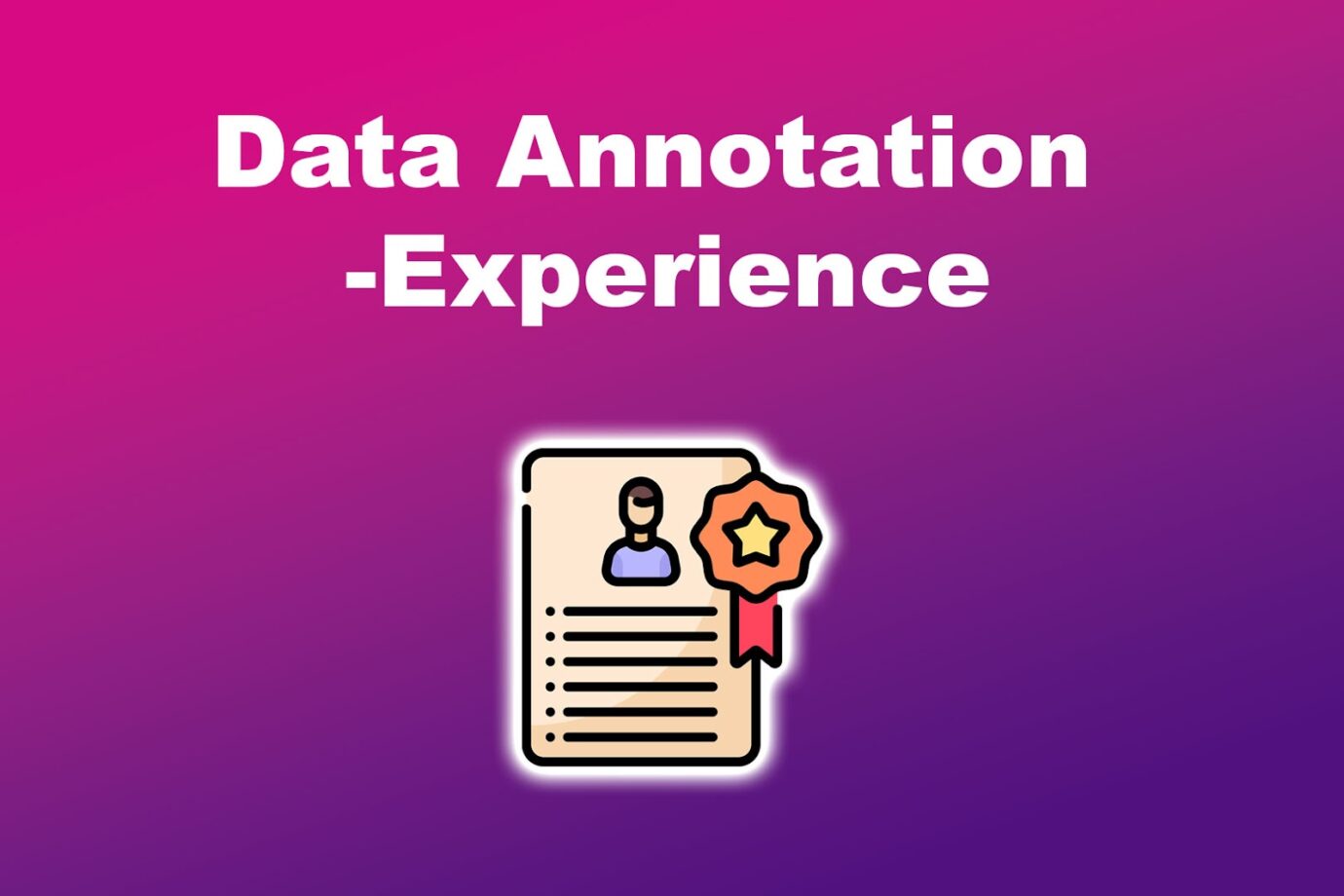The rise of artificial intelligence (AI) and machine learning (ML) has created a booming demand for data annotators. Internet forums are filling up with users saying that data annotation can be a lucrative side gig with minimal effort. Some claim to earn $500 to $700 per week.

But is this really the case? Does data annotation pay well? Let’s dive into the details of the actual data annotator’s salary.
Before applying on any firm, it’s crucial to understand what data annotation exactly is as a job. Read this article for a detailed explanation.
How Much Data Annotation Jobs Pay?
According to the U.S. Bureau of Labor Statistics, data annotation jobs pay an average of $20 per hour in the USA. This means you could earn an average annual salary of $41,500. Your exact data annotation salary varies depending on the platform you work for, your region, or task complexities.
Working as a data annotation specialist in the USA for 8 hours a day, you could make $800 per week.
This is the average data entry pay, but you could win less or more. Specialized data annotation roles, such as those requiring expertise in medical or legal fields, can command rates closer to the upper range or beyond.
On the contrary, simple entry-level tasks often pay closer to the lower end of the spectrum.
Freelancers and remote workers earn on the lower end of the spectrum, especially for platforms like Amazon Mechanical Turk. However, full-time data annotation roles at tech companies can offer higher pay and benefits, often including health insurance and paid time off.
What Is the Highest Salary for Data Annotation?
According to Indeed, the highest salary for data annotation could be up to $40 per hour in the USA, amounting to over $86,700 per year in full-time roles. The highest wages for data annotation clerks depend on experience, industry, location, and other factors.

The highest salaries for data annotation are typically found in specialized fields, such as medical imaging, autonomous driving, or advanced AI training data, where the stakes and complexity of the work justify the higher pay.
Extensive experience is also a key determinant, as seasoned annotators are more efficient and precise in handling complex tasks. Gaining proficiency with advanced tools or software and possessing certifications can also significantly boost earning potential.
5 Factors That Influence Data Annotator Salary
As you can see, the salary for AI data entry varies greatly. Your expertise, location, and experience level will determine your data annotation salary. Additionally, your knowledge, educational qualifications, and the scale of your company can also play a significant role.
Let’s see in detail the main factors that influence your data annotator salary:
1. Industry Field
The career path chosen within data annotation significantly impacts earnings. General data annotation jobs like labeling images or categorizing text tend to pay less.
However, annotators specializing in complex fields like medical imaging or autonomous vehicles often earn much more due to the advanced skills required.
According to Glassdoor, the entry salary of a data annotation specialist in Tesla could be $24/hour, while entry-level wages in other fields are usually an average of $15/hour.
On the other hand, industries like retail or basic consumer data often offer lower wages. This reflects the relative simplicity of the tasks involved compared to industries where the stakes – and salaries – are higher.
2. Experience

Experience is a critical factor in data annotation salary progression. Entry-level annotators typically earn on the lower end of the scale, starting around $15 per hour. However, their pay can increase significantly as they gain experience and prove their reliability.
Employers value experienced annotators for their accuracy and efficiency. Annotators with several years of experience, especially in specialized fields, often secure higher-paying roles or even freelance opportunities that command premium rates.
3. Skills
Specific skills can significantly impact earning potential in the data annotation industry. Annotators familiar with advanced tools like labeling software, machine learning platforms, or programming languages like Python often stand out to employers and earn more.
Additionally, soft skills like attention to detail and the ability to meet tight deadlines are highly valued in this field. Continuous skill development and certifications in AI-related technologies can open doors to higher-paying, specialized roles.
4. Location
Location plays a significant role in determining salaries for data annotation jobs. Annotators in major cities like New York or San Francisco often earn higher wages, reflecting the increased demand and higher cost of living in these areas.
In contrast, remote roles accessible to workers in smaller towns or regions with lower living costs might offer less competitive rates.
Additionally, international differences can be striking. While annotators in the USA may earn $15–$25 per hour, workers in countries like India or the Philippines often receive far lower rates. This disparity highlights how geographic location influences pay and opportunities in this field.
Data Labeling Jobs Salary Scale
With so many factors influencing your data annotation salary, knowing how much you will earn in your job could be challenging. That’s why we have prepared a unique table that evaluates the wages depending on the industry field and experience level.
Here’s a breakdown of data annotation salaries by experience level and industry in the USA:
| Level of Expertise | Tech Industry | Healthcare | E-commerce | Autonomous Vehicles |
| Entry-level | $15–$20/hour | $18–$22/hour | $14–$18/hour | $20–$25/hour |
| Mid-level | $22–$30/hour | $25–$35/hour | $20–$25/hour | $30–$40/hour |
| Senior-level | $35–$50/hour | $40–$50/hour | $30–$40/hour | $50–$70/hour |
This table information refers to all possible data entry positions: data entry clerk, data entry processor, data annotator specialist, data entry operator, data annotation analyst, etc.
These figures illustrate clearly how salaries scale up with expertise and the industry’s demands.
Data Annotation Workers’ Testimonials

Sometimes, the best way to understand something is to relate it to other people’s experiences. Online discussions reveal a wide range of opinions about wages in the data annotation field.
Many workers share that entry-level positions typically offer hourly wages of $12–$15. Some see this as a fair rate for remote, flexible work. However, others express concerns about the limited earning potential, especially for freelance or part-time roles.
Experienced annotators, particularly those in specialized industries, report higher salaries, sometimes exceeding $30 per hour. They often highlight the importance of gaining expertise and working for reputable companies to secure better pay.
Overall, testimonials emphasize that while data annotation can be a decent source of income, advancing in the field requires commitment and a focus on skill development.
Some people ask themselves if data annotation tech is legit. Check this LinkedIn article to clear up any doubts you may have.
Data Annotation Jobs Pay Well
We can conclude that data annotation does pay well: it offers a unique opportunity to earn money in the growing field of AI. Whether as a part-time gig or a full-time job, data annotation is a flexible option with promising growth potential.
With a clear understanding of the factors influencing salaries and an awareness of the potential for specialization, you can navigate this field effectively. Start small, gain experience, and who knows—you might find yourself in one of the highest-paying roles in the industry!